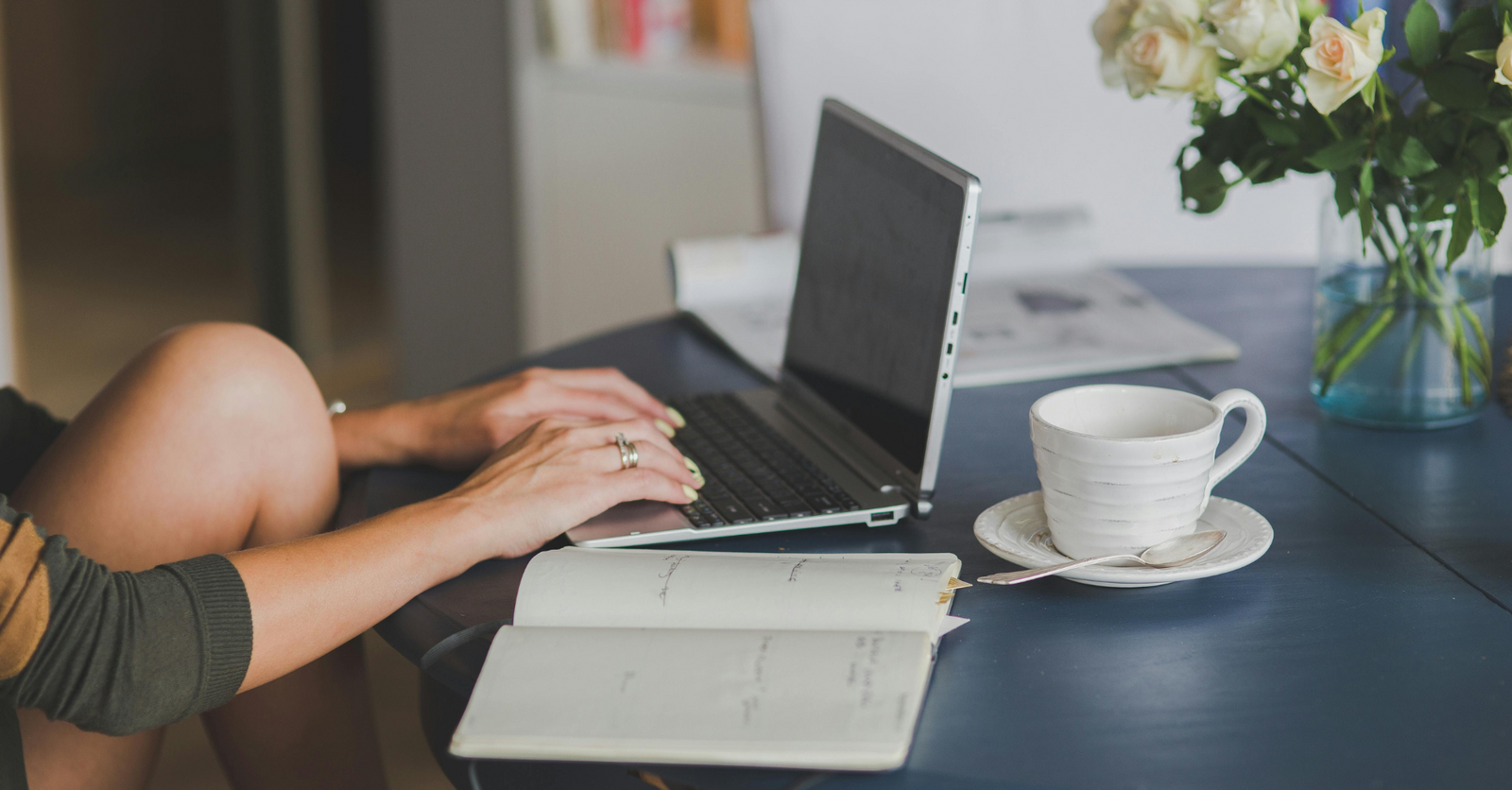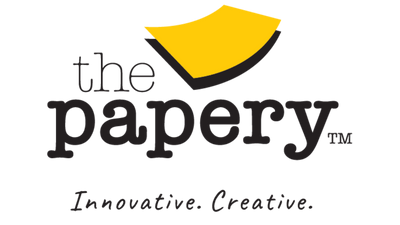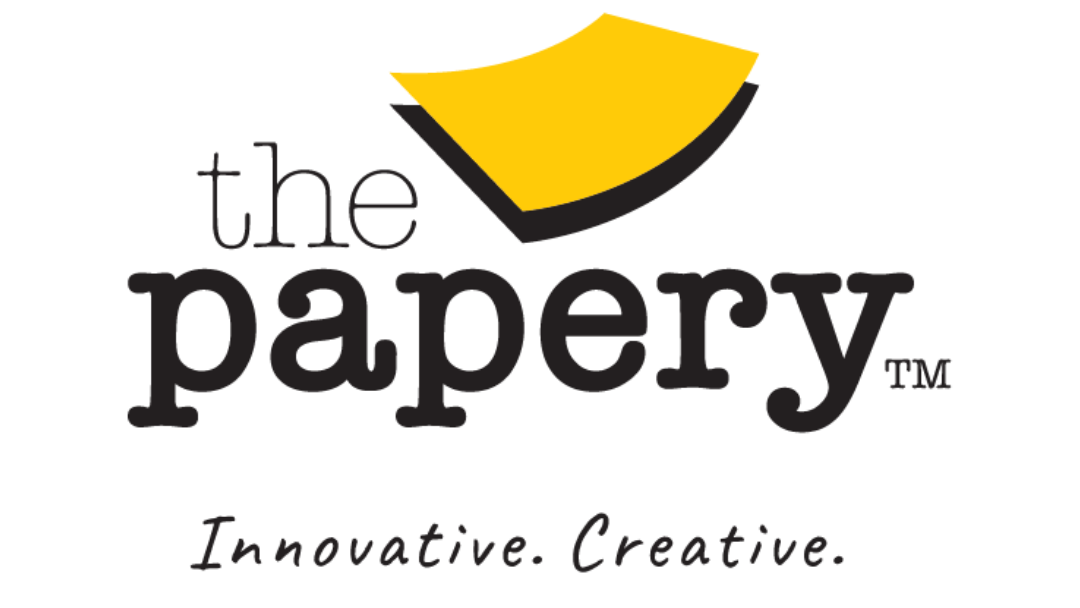Practical Tips for Better Organisation

Declutter Your Space
Physical Decluttering
- Work Area: Start by clearing your desk of unnecessary items. Keep only essential tools and supplies within reach. Consider implementing a minimalist approach where less is more.
- Living Space: Regularly tidy your home to create a calming atmosphere. Donate or discard items you no longer need or use. A clutter-free home promotes relaxation and peace of mind.
- Digital Space: Organise your computer files, emails, and apps. Create a logical folder structure for easy access and delete files you no longer need. Regularly clean your inbox to maintain digital order.
Psychological Decluttering
- Mind Mapping: Use mind maps to visually organise your thoughts and ideas. This technique can help clear mental clutter and provide a clearer perspective on your tasks and goals.
- Meditation: Incorporate meditation into your routine to declutter your mind. Even a few minutes of mindfulness can reduce mental stress and improve focus.
Use Planners and Calendars
Daily Planner
- Write down your tasks for the day, breaking them into manageable chunks. The Papery offers beautifully designed planners that can make this task enjoyable and motivating.
- Use colour-coding to categorise tasks by priority or type. This visual differentiation can help you quickly identify and focus on what needs immediate attention.
Monthly Calendar
- Use a monthly calendar to track important dates, deadlines, and events. This helps you see the bigger picture and plan.
- Sync your calendar with your digital devices to receive reminders and stay updated on the go. Tools like Google Calendar or Apple Calendar can be incredibly useful.
Long-Term Planning
- Set long-term goals and break them down into monthly and weekly tasks. This approach ensures that you make steady progress towards achieving your larger objectives.
- Regularly review and adjust your plans to stay on track and accommodate any changes or new priorities.
Prioritise Tasks
Urgent vs. Important
- Differentiate Tasks: Identify tasks that are urgent versus important. Focus on high-priority tasks to meet critical deadlines.
- ABC Method: Use the ABC method to categorise tasks by priority (A for highest priority, B for medium, C for lowest) and tackle them accordingly.
To-Do Lists
- Create daily to-do lists, ranking tasks by priority. This helps you stay focused and ensures that essential tasks are completed on time.
- Use apps like Todoist or Microsoft To Do for digital list management, which allows for easy updates and integration with other productivity tools.
Batch Processing
- Group similar tasks together and tackle them in dedicated blocks of time. This approach, known as batch processing, can improve efficiency by reducing the cognitive load of switching between different types of tasks.
Develop a Routine
Morning Routine
- Start your day with a consistent routine that includes activities like exercise, meditation, or planning your day. A well-structured morning sets a positive tone for the rest of the day.
- Include time for self-reflection and goal setting to ensure that you start your day with clear intentions and motivation.
Work Routine
- Set specific times for work tasks, breaks, and meals. Consistency helps maintain productivity and balance. The Pomodoro Technique, which involves working for a set period followed by a short break, can be particularly effective.
- Allocate time for focused work and meetings separately to ensure that you have uninterrupted periods for deep work.
Evening Routine
- Wind down your day with a relaxing routine that prepares you for a restful night’s sleep. This could include activities like reading, light stretching, or journaling.
- Reflect on your accomplishments for the day and plan for the next day to reduce stress and improve sleep quality.
Utilise Organisational Tools
Digital Tools
- Productivity Apps: Use productivity apps like Trello, Asana, or Todoist to manage tasks and projects. These tools offer features like task tracking, project management, and team collaboration.
- Note-Taking Apps: Apps like Evernote or OneNote can help you keep track of notes, ideas, and important information in an organised manner.
Physical Tools
- Organisers: Invest in desk organisers, file cabinets, and storage solutions to keep your physical space tidy. Use labelled bins and drawers to store items logically.
- Bullet Journals: Bullet journalling combines planning, task management, and journalling in a customisable format. It allows for creative expression while maintaining structure.
Hybrid Tools
- Paper Planners with Digital Integration: Use traditional paper planners alongside digital tools to enjoy the tactile satisfaction of writing and the convenience of digital reminders and syncing. The Papery's beautifully designed planners can be complemented by digital calendars and apps for a hybrid approach.
Maintaining Your Organisation
Regular Reviews
- Periodically review your organisational system. Assess what’s working and make adjustments as needed. Set aside time each week or month for a comprehensive review.
- Use a reflective practice to evaluate your progress towards goals and identify areas for improvement.
Stay Flexible
- Life is unpredictable. Stay flexible and adapt your plans when unexpected events occur. Build buffer times into your schedule to accommodate unforeseen changes.
- Embrace a growth mindset that views setbacks as opportunities to learn and improve your organisational strategies.
Celebrate Achievements
- Acknowledge and celebrate your accomplishments, no matter how small. This can motivate you to stay organised and continue striving towards your goals.
- Use a reward system to incentivise yourself for completing tasks and reaching milestones.
Conclusion
The art of organisation is a vital skill that can enhance every aspect of your life. You can achieve greater productivity and reduce stress by decluttering your space, using planners and calendars, prioritising tasks, developing routines, and utilising organisational tools. Start implementing these strategies today and experience the transformative power of organisation.
Remember, the key to staying organised is consistency and commitment. Make organisation a daily habit, and you'll find yourself navigating through life with more ease and efficiency. Embrace the art of organisation with the help of tools from The Papery, and watch your productivity soar. With dedication and the right strategies, you can create a more structured, balanced, and fulfilling life.







Leave a comment